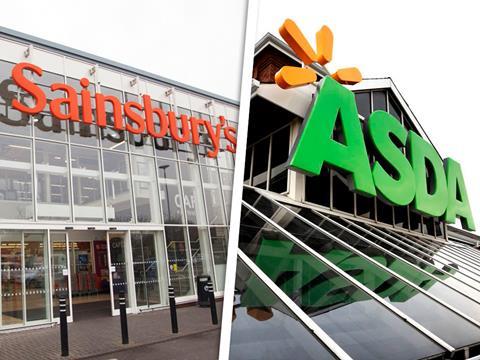
The Competition and Markets Authority has today confirmed it is to launch a formal investigation into the proposed supermarket mega-merger between Sainsbury’s (SBRY) and Asda and could move to a more in-depth investigation within weeks.
The CMA has been gathering evidence since the announcement of the merger on 30 April and is now in a position to begin a Phase 1 detailed assessment into how the deal could affect competition in the UK grocery space.
Sainsbury’s and Asda have asked the CMA to move more quickly to the more in-depth Phase 2 part of the inquiry through a ‘fast-track’ process.
The CMA expects to accept this request unless it receives any valid objections to the use of the fast-track process and has set a deadline for Phase 1 comment of 31 August.
The CMA said it will consider whether the deal could lead to “less choice, and therefore higher prices or worse quality services” across the range of products sold by both businesses.
The competition body noted that as well as groceries, both on-line and in-store, the pair currently compete on goods such as fuel, electricals, toys and clothing.
The CMA will also look at whether the merged company could use its increased buyer power to squeeze suppliers and whether this could have potential knock-on effects for shoppers – for example, through suppliers being less able to innovate or having to charge higher prices to stores that compete with the merged company.
Andrea Coscelli, chief executive of the CMA, said: “About £190 billion is spent each year on food and groceries in the UK so it’s vital to find out if the millions of people who shop in supermarkets could lose out as a result of this deal.
“We will carry out a thorough investigation to find out if this merger could lead to higher prices or a worse quality of service for shoppers and will not allow it to go ahead unless any concerns we find are fully dealt with.”
The CMA is now inviting views by 31 August on how the merger could affect competition following a preliminary invitation to comment launched at the start of the information gathering period.
Further comment will be sought during the more in-depth Phase 2 investigation.







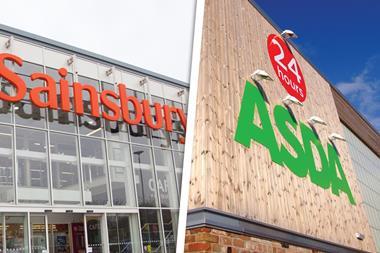

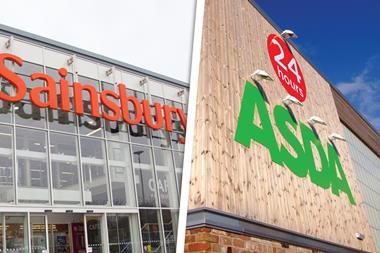
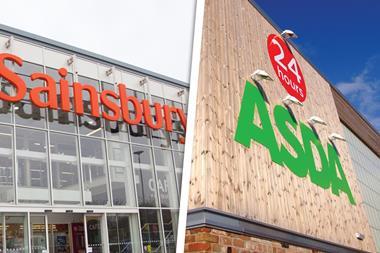


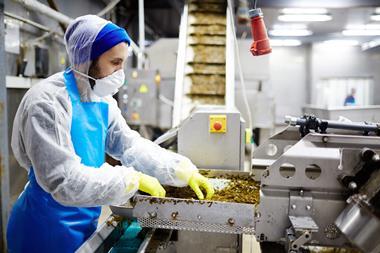

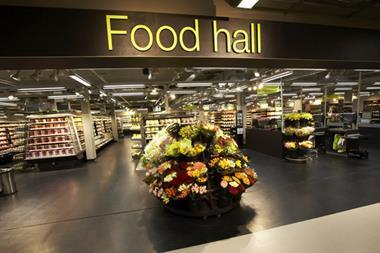
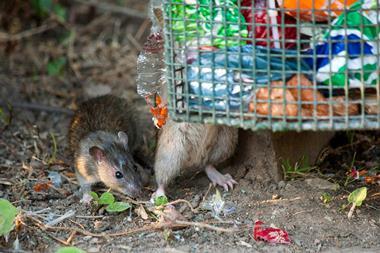


No comments yet